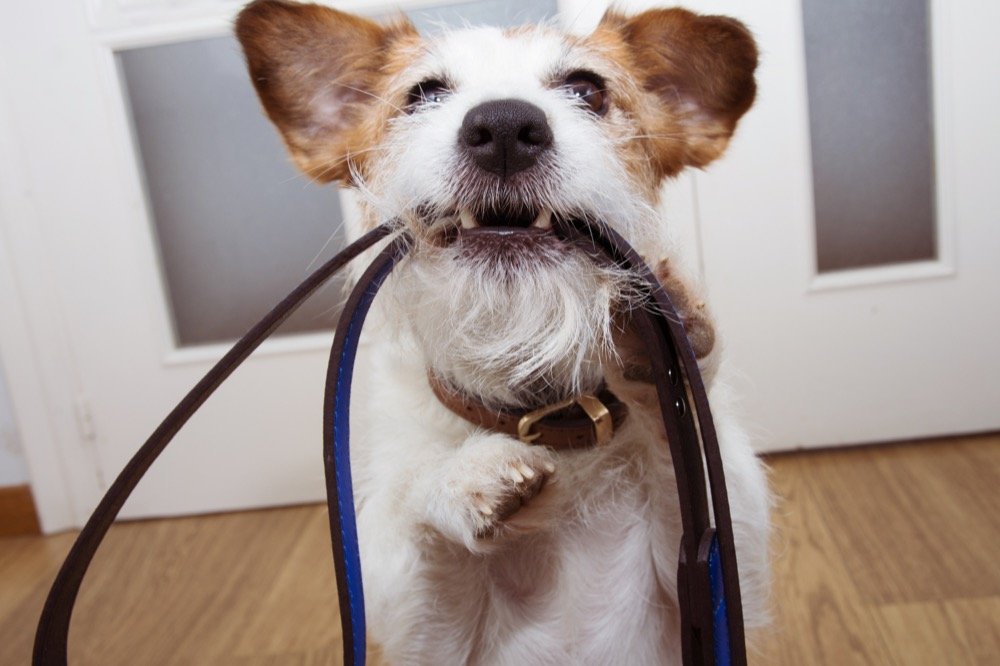Dogs are so stoical. While they all have unique personalities, most of the time they keep on going until they don’t. They don’t really know how to tell you when they feel unwell, which means dog owners need to recognize the most common signs a sick dog shares with you. These are the most common ways to spot if you have a sick dog…
Sick dog loses appetite or has sudden weight loss
You should learn how your dog usually eats so you can spot if they begin to eat differently. If a dog that’s a good eater starts to slow down its eating, or avoids doing so altogether, then they may feel unwell. We all get sick from time to time, of course, but if these symptoms persist for more than a day or two, take them to the vet.
If they do go off their food, monitor their water intake. If they stop drinking that’s a bigger problem. You can check if your dog is becoming dehydrated by pinching the skin on the back of their neck. If it falls back into shape slowly then they may need liquid. We usually keep a bottle of Oralade or the equivalent around in case of this, or you can try a 50/50 mix of Gatorade and water to help your dog hydrate better.
If your pet loses weight suddenly, particularly if they are eating normally, this can be a sign of a more serious problem.
In either case, if your pet is suffering weight loss or loss of appetite make sure to take notes to share with the vet, as knowing things like when the problem starts, how much is being eaten, any allergies and so on will help the diagnosis.

Lethargy or decreased activity levels from a sick dog
The sudden onset of lethargy or decreased activity is usually a big sign of a problem – but you knew that because you walk your pet, right?. This may be as simple as coming into season or a tummy upset, but if the problem seems to persist then you must take your dog to the vet. This kind of lethargy in dog may suggest an underlying medical condition, such as cancer or an infection. These can be life-threatening, so get thee to the vet.
Mood or behavior changes
We all have ups and downs, even our dogs, but we do get to know each other and understand what normal activity from each other is. We know that age, breed, and other factors can impact canine behavior, but we’re not talking about normal mood or behavior. We are talking about sudden changes that are outside their normal range. When it comes to dogs, mood changes of this kind often mean they are in pain, so you should speak to your vet.
Vomiting, diarrhoea, difficulty urinating
You’ve probably been sick yourself and know the difference between sickness that passes in a few hours and persistent problems that just don’t seem to get better, or a chronic problem that may be a risk to life, such as when a dog is vomiting endlessly because it has swallowed poison.
Bottom line – if a problem is chronic, call your vet immediately. If it is persistent, call them. And if your dog is having problems urinating, contact your vet immediately.
Photo by Matthew Henry on Unsplash




